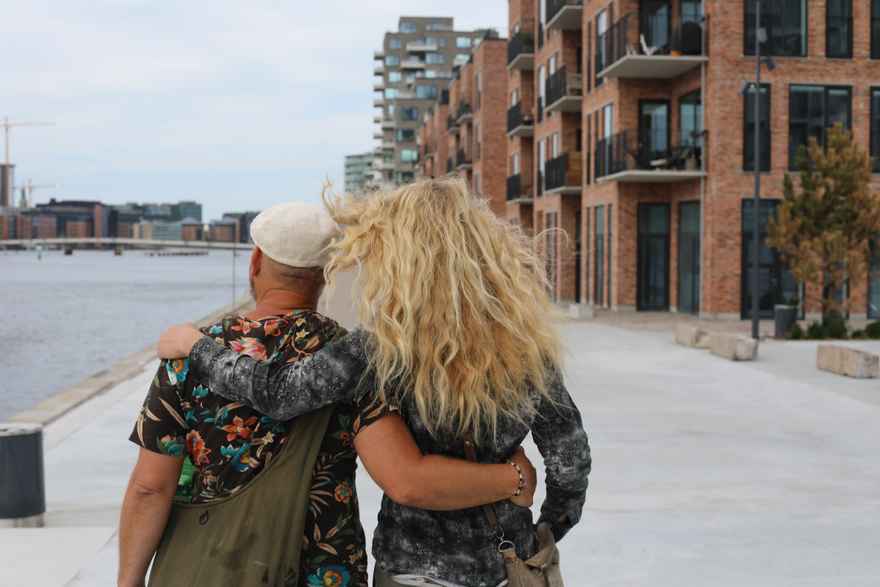
The concept of "childism" isn't frequently discussed in the mainstream, but think about it. Consider that how we adults treat children is close to keeping slaves. We decide over them. We tell them what to do and when to do it - and often don't even explain why.
The idea that children are being treated as slaves became a topic I couldn't shake from my thoughts. It's a term that represents a mindset we've unknowingly harbored, a perspective that might be affecting our relationships with the youngest members of our society.
Ask yourself this:
Would you ever talk to your spouse, colleague, or any other adult the way you talk to children?
Give it some thought.
I really hope the answer will be a resounding no.
So, why do we do it against our children?
Why do we, sometimes unconsciously, belittle or patronize our children based on their age?
I recently held a workshop where I shared: "The only mistake my children have made is that they have only lived for 12 years, or 15 years, or seven years. Yet, magically at 24, we begin to treat them differently, as equals."
It's a striking realization, one that left me with a mix of sadness and annoyance towards my own actions. Our children, though younger and less experienced, are not lesser beings. They are vibrant, passionate individuals with their own dreams, fears, and opinions.
The analogy of children as the "last slave" is a stark one. It's unsettling to think of children as being 'owned' or 'controlled' by adults. However, when we strip away the layers, aren't we sometimes guilty of treating them as such? Whether it's dismissing their emotions, undermining their opinions, or simply not giving them the autonomy they deserve, we're subtly reinforcing the idea that they are lesser beings.
But here's the thing: I'm not exempt from this. Despite my deep understanding and commitment to changing this perspective, I sometimes catch myself ordering my kids around. Every time it happens, I'm engulfed with regret. It's a tough habit to break, a behavior deeply ingrained from generations before us. However, I believe that recognizing and confronting these moments is the first step towards genuine change.
Instead of seeing ourselves as rulers or owners, we should strive to be guides. Our role is to guide them, support them, and stand beside them as they navigate the world. We should respect them as the young human beings they are, giving them the space to grow, make mistakes, and learn.
In my journey as a parent, founder of the Better Dad Institute, and full-time traveler, I've come to see the importance of breaking these age-old molds. Children deserve our respect, understanding, and, most importantly, our unconditional love. They are not property; they are individuals.
It's time we reassessed our perspectives.
Let's challenge ourselves daily to see our children as equals, to speak to them with the same respect we'd give any other human being, and to cherish the moments we have with them.
After all, they're not just our children; they're the future.
Dadhugs

Jesper Conrad
Founder, Better Dad Institute
Empowering Fathers, Enriching Families

